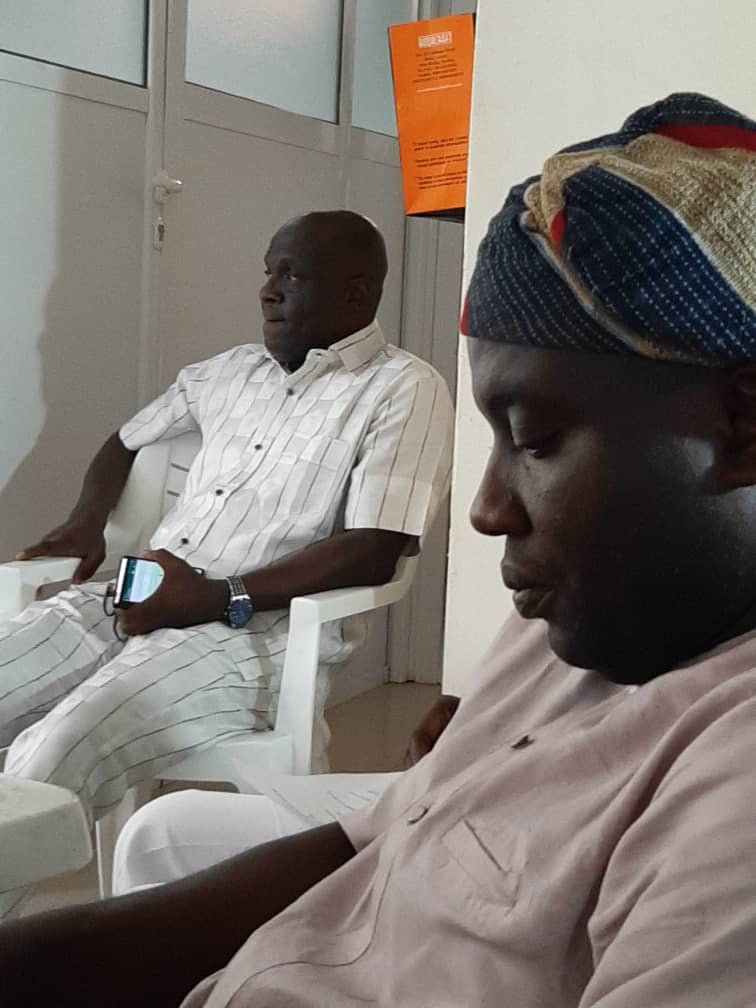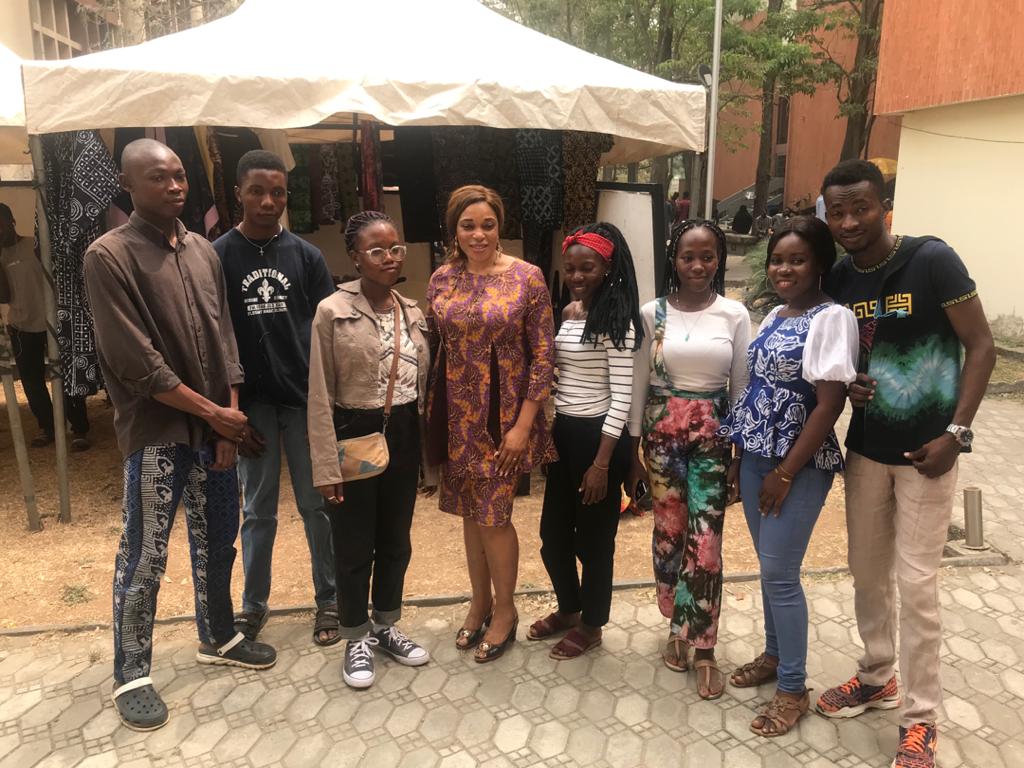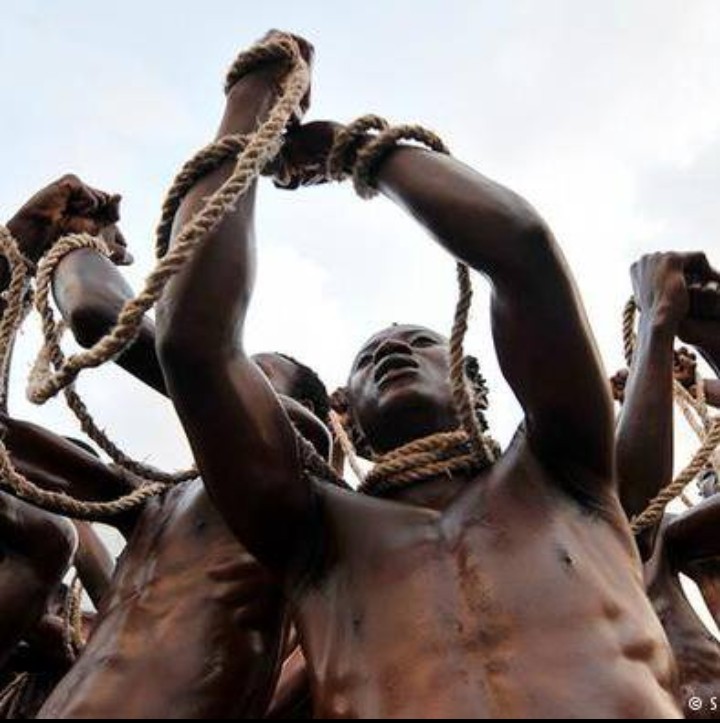Black History Month 2020 Essay
ODIEGWU IFUNANYA UCHECHUKWU
QUEEN’S COLLEGE, YABA.
WHAT BLACK HISTORY MEANS TO ME?
In a broad sense, Black History is the captivating story of Africa and Africans worldwide. This story is told in two parts. The part that involves ships full of dark-skinned, kinky-haired people, and the part that begins with the scramble for Africa.
The mid 1800s and early 1900s saw seven countries namely, Britain, France, Germany, Belgium, Italy, Portugal and Spain involved in a power tussle within European power politics. The best way, in their view, to demonstrate national preeminence was through the acquisition of territories around the world, Africa especially. Thus, it was the interplay of economic, political and social factors and forces that led to the scramble for Africa and the frenzied attempts by European commercial, military and political agents to declare and establish a stake in different parts of the continent. This was achieved through inter-imperialist commercial competition, the declaration of exclusive claims to particular territories for trade, the imposition of tariffs against other European traders and claim to exclusive control of waterways and commercial routes in different parts of Africa.
Nevertheless, Africans fought back when they realized that they had not signed treaties of protection with the Whiteman, rather they had been duped into colony. Their major means of attack, however, had been guerilla warfare and direct military engagement. Due to this obvious technological inferiority of Africa, the 19th Century saw the demise of old Africa Kingdoms. Between the 1870, and 1900, majority of Africa had been colonized by the seven major power holders of Europe.
I once came across a television show where an African-American was asked why he refused to shake hands with a white man. He replied saying that the last time a black man trusted a white man to hold his hand, they all ended up on ships. Sadly, this is almost completely true.
Dating back to centuries before colonization began, African was faced with slave trade. The then gullible men and women of Africa were herded onto ships and carried all the way to European and American countries. This trade of humans began when there was an increasing need for laborers in white lands. Where else to get manpower than the dark continent filled with unknowledgeable people?
For centuries, blacks tilled the Whiteman’s hand, worked as servants in the white man’s home, rebelled against the Whiteman and was killed and forgotten by the Whiteman. Slaves were sold and resold to new owners without the ability to make decisions for themselves. Freedom of slaves was only attainable if he or she was set free by a kind-hearted master, or the master died without a relative to claim his slave. Thus, the population of free blacks grew slowly although they still weren’t entitled to rights and freedom from discrimination. However, their number accelerated to the point that freedom fighters popped up from amongst them.
The Civil war of the United States of America during the late 1800s could be said to be as a result of the United States’ President Abraham Lincoln’s decision to free the population of black slaves in the United States. At the end of the war, which saw the Union to be victorious, the popularity of prosperous blacks grew. Up until today, where discrimination against dark-skinned people is still incomparably rampart, black people have been making a way for themselves proving their worth.
Black History, to me, is about the accomplishments of the dark-skinned. It is the slave Phillis Wheatley, who in the 1770s wrote poetry that has been read throughout the world. It is Jean Point du Sable, a negro trader who founded and helped settle Chicago. It is five thousand slaves and free blacks who served in the Continental Army and Navy between 1776 and 1781.
Black History is the black scout George W. Bush who led white settlers into the Oregon Territory in 1844. It is James Beckwourth and Nat Love and countless other black cowboys and Buffalo soldiers who helped to pioneer and settle the old West during the mid-and late 1800s. It is the many countless and faceless blacks who served with distinction and honour for the Union Army during the civil war.
Black History is Oprah Winfrey, the current most influential woman in the world. It is former United States President Barrack Obama who in 2008, became the first black President of the United States of America. It is Marin Luther King Jr. who fervently fought for the liberty of the people. It is Rosa Parks, a heroine who showed her strength and courage despite all the racism and mistreatment.
Black History is Dr. Nnamdi Azikiwe who struggled valiantly for Nigerians independence from Britain. It is Dr. Kwame Nkrumah who did the same for Ghana. It is Nelson Mandela, South African anti-apartheid revolutionary, political leader and philanthropist.
Black History is Winnie Mandela, Matiba Kenneth, Professor Matiou Henry, Herbert Macaulay, Sir Abubakar Tafawa Balewa, Chief Obafemi Awolowo and other African Nationalist. It’s entertainers Fela Kuti, Chinua Achebe, Beyoncé, Tupac Shakur and countless others.
Black History will be us, Children of the 21st Century, as we continue struggling to make a way in our fast-paced world. It will be us because we have great dreams for Africa and the world at large, and we will hopefully fulfill them.
Black History, the slavery and colonization, is not a set back to us, but a stepping stone to the greater heights which will be achieved by the general population of Africans all over the world.













Recent Comments